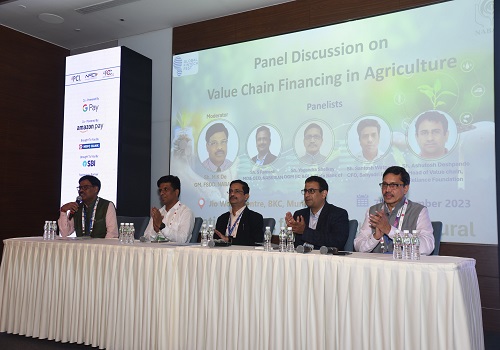Global quantum computing market likely to reach $7.6 bn in 2027

The global quantum computing is expected to grow from $1.1 billion in 2022 to $7.6 billion in 2027, a new report has said.
The forecast includes base quantum computing as a service as well as enabling and adjacent quantum computing as a service.
According to International Data Corporation (IDC), investments in the quantum computing market will grow at a CAGR of 11.5 per cent over the 2023-2027 forecast period, reaching nearly $16.4 billion by the end of 2027, including investments made by the public and privately funded institutions; internal allocation (R&D spend) from technology and services vendors; and external funding from venture capitalists and private equity firms.
However, the new forecast is considerably lower than the previous quantum computing forecast, which was published in 2021.
As per the report, the quantum computing market will continue to experience slower growth until a major quantum hardware development that leads to a quantum advantage is announced.
"Today's quantum computing systems may only be suitable for small-scale experimentation, but advances continue to be made like a drumbeat over time. Organisations should not be deterred from investing in quantum initiatives now to be quantum-ready in the future," said Heather West, PhD, research manager within IDC's Enterprise Infrastructure Practice.
Moreover, the report said that the billions of dollars being allocated to the research and development of quantum computing have led to recent advancements in quantum computing hardware and software, as well as new error mitigation and suppression techniques.
Due to these advancements, it is speculated that today's noisy intermediate-scale quantum (NISQ) systems may be able to achieve near-term quantum advantage.
It is anticipated that these investments will result in the development of large-scale quantum systems capable of solving some of the most complex problems facing scientists and engineers today, causing a surge in customer spending toward the end of the forecast period.
























